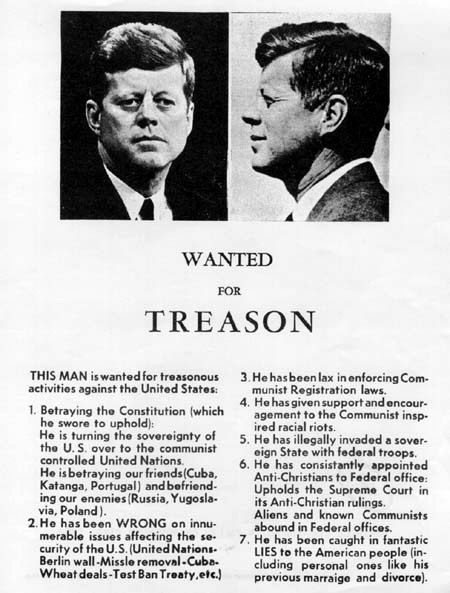There was a young lady from Bude
Who went for a swim in the lake
A man in a punt
Stuck an oar in her ear
And said, “You can’t swim here, it’s private.”
— Anonymous
There was a young lady from Bude
Who went for a swim in the lake
A man in a punt
Stuck an oar in her ear
And said, “You can’t swim here, it’s private.”
— Anonymous
“Can’t Be Done”:
— Sam Loyd’s Cyclopedia of 5000 Puzzles, Tricks, and Conundrums (With Answers), 1914

You can float in the Dead Sea without getting your newspaper wet.
The water’s saltiness makes floating objects unusually buoyant.
claustrophilia
n. the liking of small, enclosed spaces

In October 1995 a group of Welsh high-school students discovered a 2-inch frog alive inside an old ring-pull can. The frog was much larger than the can’s opening, so it must have entered when it was small; the can’s sell-by date was May 1994, so it may have been trapped for a year or more.
How did it stay alive all that time? Possibly its odor attracted bugs, and rain and dew could have reached it through the can’s hole.
But possibly some animals can survive long periods with practically no resources. In the 19th century, English geologist William Buckland deliberately buried two dozen toads in chambers of limestone, sealing them in with a sheet of glass. The little ones survived for 13 months, he found, the big ones a few months longer.
That’s impressive, but there are limits, of course. Texas legend tells of “Old Rip,” a horned toad accidentally sealed in a courthouse cornerstone in 1897. When the building was demolished 31 years later, Rip supposedly hopped out. That sounds ridiculous, but supporters insist that the witnesses included two judges and a pastor. You can judge for yourself: Rip’s remains are on display at the Eastland County Courthouse.
I am greater than God, and more evil than the devil. Poor people have me. Rich people want me. And if you eat me, you’ll die. What am I?
Uncle Billy rested his axe on the log he was chopping, and turned his grizzly old head to one side, listening intently. A confusion of sounds came from the little cabin across the road. It was a dilapidated negro cabin, with its roof awry and the weather-boarding off in great patches; still, it was a place of interest to Uncle Billy. His sister lived there with three orphan grandchildren.
Leaning heavily on his axe-handle, he thrust out his under lip, and rolled his eyes in the direction of the uproar. A broad grin spread over his wrinkled black face as he heard the rapid spank of a shingle, the scolding tones of an angry voice, and a prolonged howl.
“John Jay an’ he gran’mammy ‘peah to be havin’ a right sma’t difference of opinion togethah this mawnin’,” he chuckled.
— Annie Fellows Johnston, Ole Mammy’s Torment, 1897
Handbill circulated in Dallas on Nov. 21, 1963, the day before Kennedy’s assassination:

In October 1998, 300 dead starlings fell out of the sky in Tacoma, Wash.
No one knows why.
A human sacrifice to a carnivorous tree, as described in the South Australian Register, 1881:
The slender delicate palpi, with the fury of starved serpents, quivered a moment over her head, then as if instinct with demoniac intelligence fastened upon her in sudden coils round and round her neck and arms; then while her awful screams and yet more awful laughter rose wildly to be instantly strangled down again into a gurgling moan, the tendrils one after another, like great green serpents, with brutal energy and infernal rapidity, rose, retracted themselves, and wrapped her about in fold after fold, ever tightening with cruel swiftness and savage tenacity of anacondas fastening upon their prey.
Unfortunately, years of subsequent investigation — including the enchantingly titled Madagascar, Land of the Man-Eating Tree (1924) — have failed to find such a tree, or even the Mkodo tribe that purportedly feeds it. Nice try, though.